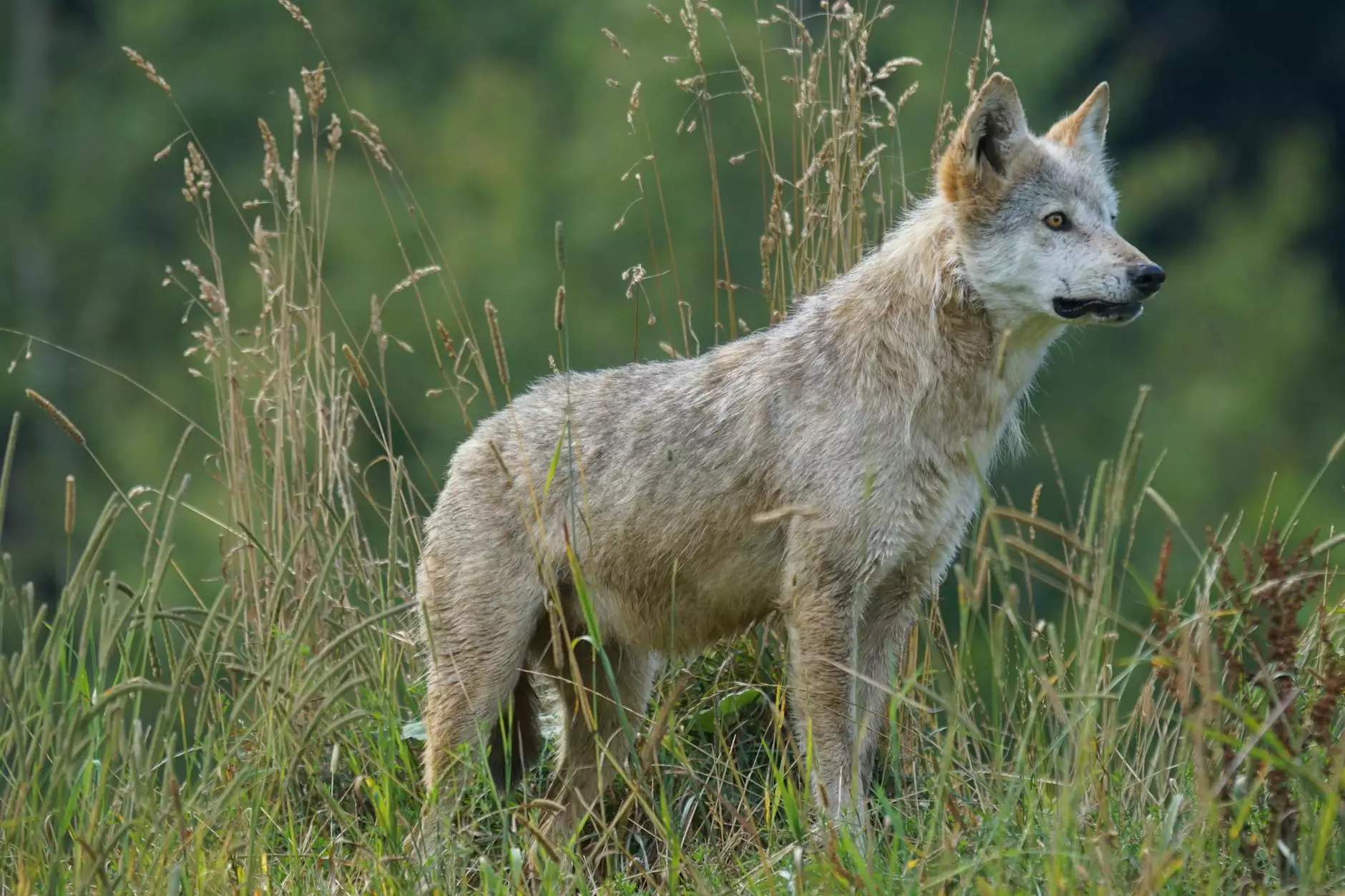Are Mexican Wolves Reshaping the Lives of Elk?
News
About Mexican Wolves and Elk
Mexican wolves, also known as lobo wolves, are a subspecies of gray wolves. They are native to the southwestern United States and northern Mexico. These wolves once roamed freely across the region, but due to human persecution, they were nearly extinct by the 1970s.
Fortunately, conservation efforts and reintroduction programs have successfully restored the Mexican wolf population, but their presence has raised questions about how it is impacting the ecosystem, particularly the lives of elk.
The Predator-Prey Relationship
The presence of Mexican wolves in areas where elk reside has significant implications for the predator-prey relationship. Wolves are apex predators that naturally prey on elk, among other herbivores.
Elk, being a primary prey species for wolves, have evolved strategies to avoid predation. They have become skilled at detecting and evading predators, such as utilizing open terrain for better visibility and forming larger groups for protection.
With the return of Mexican wolves, the elk population faces a new challenge. The wolves create a ripple effect throughout the ecosystem, influencing the behavior and distribution of elk.
Changes in Elk Behavior
The presence of wolves causes a shift in elk behavior as they adapt to the new predator threat. Elk start to alter their habitat selection, opting for areas with better cover and less exposure to predators.
Furthermore, due to the heightened predation risk, elk may need to spend more time and energy on vigilance behaviors. This increased focus on survival can lead to changes in feeding habits, mating patterns, and overall movement patterns.
Research has shown that elk often avoid areas where wolves are more prevalent, resulting in changes in the distribution and abundance of elk populations. This, in turn, can have cascading effects on the vegetation and other wildlife species in those areas.
Implications for the Ecosystem
The impact of Mexican wolves on elk populations goes beyond the direct predation effects. It has broader implications for the entire ecosystem, including vegetation dynamics, biodiversity, and even water resources.
Elk play a crucial role in shaping their environment through grazing activities. Their foraging behaviors can influence plant species composition and structure, which in turn affects other herbivores, insects, and birds.
With changes in elk behavior and distribution due to the presence of wolves, the vegetation dynamics in certain areas might experience shifts. This can have consequences for ecosystem health, nutrient cycling, and the overall balance of the ecosystem.
Additionally, the cascading effects on other wildlife species, such as predators that prey on elk, can further alter the ecological dynamics of the region.
How Meaningful Connections Brand Consulting Can Help
If you are looking for expert consulting and analytical services in the business and consumer services industry, Meaningful Connections Brand Consulting is here to assist you. Our team of professionals has extensive experience in providing tailored solutions to help businesses thrive.
Our consulting services can help you navigate complex market dynamics, identify growth opportunities, and develop effective strategies. We specialize in various areas, including market research, brand development, consumer insights, and data analytics.
At Meaningful Connections Brand Consulting, we understand the importance of staying ahead in today's competitive landscape. Our expert team can provide you with valuable insights and recommendations to drive your business forward.
Contact Us
Reach out to Meaningful Connections Brand Consulting today to discuss your consulting and analytical needs. We are dedicated to helping businesses like yours succeed in the dynamic world of business and consumer services.
Visit our website at http://meaningfulconnections.net or give us a call at (555) 123-4567. Let us be your trusted partner on your journey to success.



